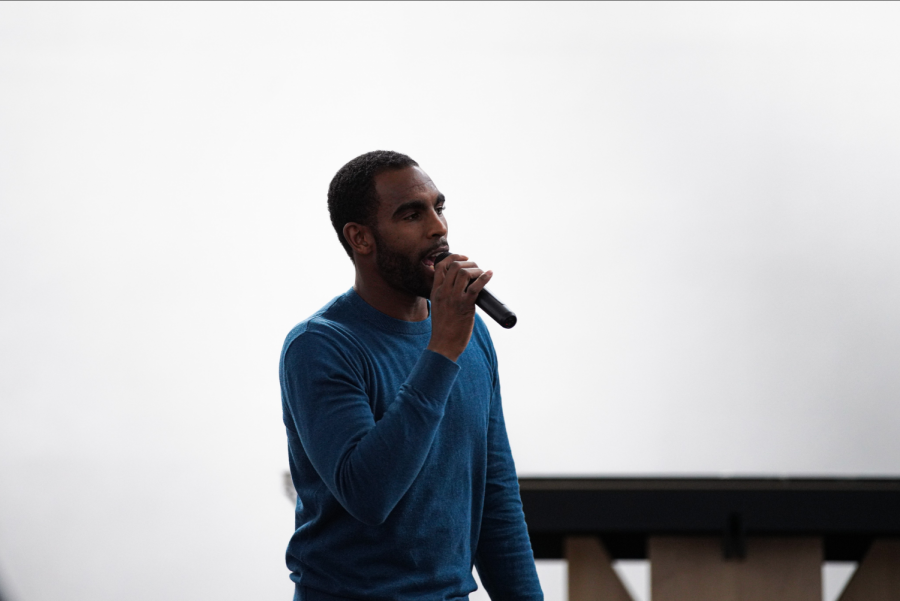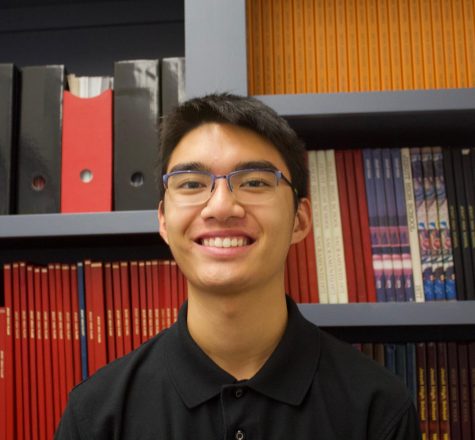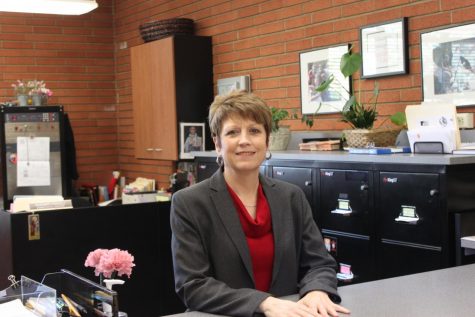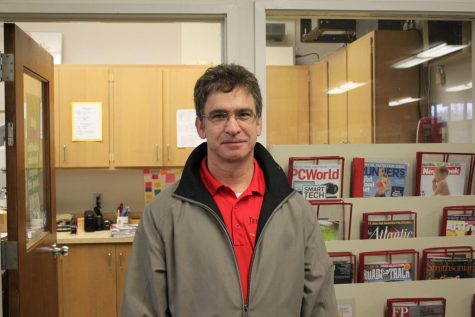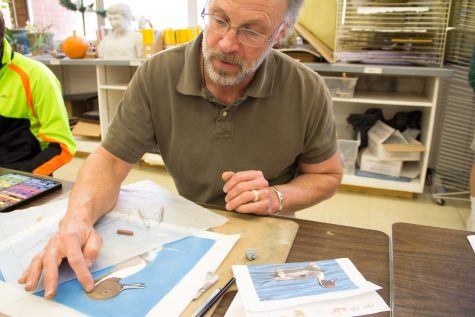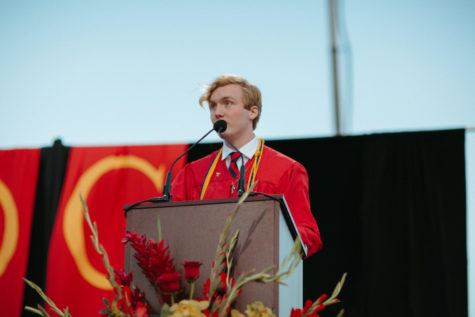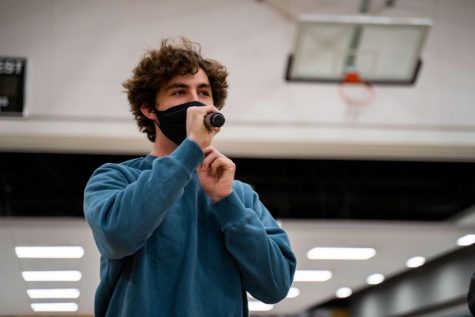Social Justice Summit discusses economic justice
Jesuit High School Educational Technology and Information Commons Director Mr. Jordan Brown talking to students about the “Fundamentals of Economics” in the Phelan Chapel of the North American Martyrs on Tuesday, February 4, 2020.
At Jesuit High School Sacramento, it’s an annual tradition to spend a week examining a social justice issue such as mental health or criminal justice. In last week’s Social Justice Summit, students heard a variety of discussions that addressed the realities of economic justice or injustice.
Guest speakers provided insights on how social justice includes the dignity of all people, the implications of an individual’s actions and their connections to the world, and a nuanced understanding of economic literacy.
In a lecture, “The Fundamentals of Economics,” Mr. Jordan Brown inspected financial literacy through a student’s perspective. Using a quiz that guided students through their expenditures and necessities, students explored their economic realities at a relatable level.
Mr. Brown explained the importance of educating and informing students about economics, a fundamental pillar that students will need to utilize to navigate their lives.
“I want students to realize that we are all part of this system of money, production, and climate,” Mr. Brown said. “I think for us to make this manageable, we have to realize our part, and where we fit in, where we can help, and where we can learn … and that economic justice is everywhere in all aspects of our lives.”
In another presentation led by Jonathan Fong ’20, Michael Wyant ’20, and Grant Fisher ’20, students examined economic and environmental injustice through the lens of climate change. Students learned the impact of their own carbon footprints on the environment.
When speaking on why this matter is so pressing both as a Jesuit student and also as a young person, Jonathan related the topic into the core values of Jesuit’s Grad-at-Grad mission.
“If we’re conscious of our actions and their effects, that’s being intellectually competent,” Jonathan said. “The second is committed to doing justice which starts with solidarity, so if we know what’s happening, and we stand with other people who are not us but who have these adverse effects, that’s the first step to justice and loving. We’re being religious because we’re living out God’s work.”
Grant talked about how students can turn the presentation’s talking points into action on campus.
“We want everyone to be educated and more aware of our place in climate change and how we affect the climate,” Grant said. “Things we can do as a Jesuit community [are] disposing our trash the right way or using reusable water bottles.”
Michael hopes that the presentation will resonate with students as it relates to a common humanity.
“I think the most important goal of this presentation was to build a sense of empathy among the student body for those who are affected by climate change or even marginalized populations in general,” Michael said. “I think going to school here is so different from the rest of the world.”
Theology teacher and Director of Christian Service Ms. Sara Brabec, who helped organize the summit, hopes that the students will translate what they heard into their lives.
“From the talks in the chapel throughout the week, it’s our desire that students would recognize the dignity of all people and discern their vocations and passions with upholding that dignity in mind, walk away with an understanding of their own power to enact change through individual daily actions and bigger systemic change, [and] deepen their understanding of economic literacy,” Ms. Brabec said.
With the commencement of the summit, students have been encouraged to reflect on the ways they can contribute to a functioning economic system and to get involved through volunteering, political action, advocacy, and discernment of their life choices.

